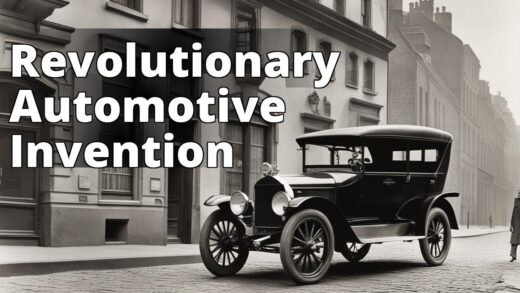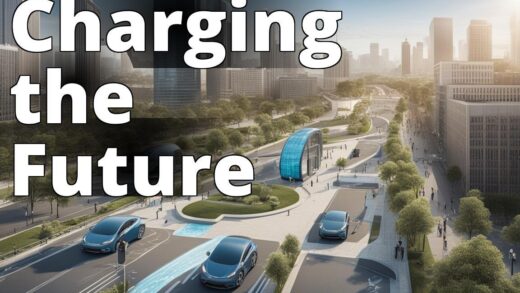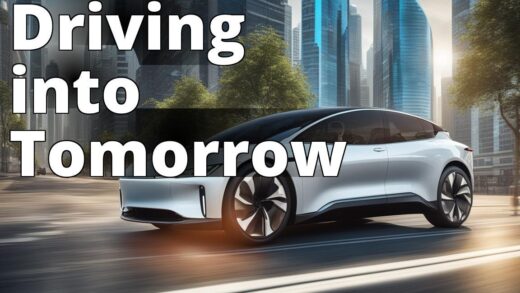Electric vehicles (EVs) have surged not just in market share but in public consciousness. The debate often polarizes; however, my assertion, steeped in both personal experience and extensive research, is that electric cars do indeed represent the future of transportation. This future, however, is not without its caveats and challenges.
Electric Cars: Future of Transportation
- Learn about the pros and cons of electric cars.
- Lower fuel and maintenance costs, zero emissions, instant torque, quiet rides, and home charging.
- Limited driving range, longer recharge time, fewer road trip options, higher upfront costs, fewer model choices, and limited charging stations.
Electric Cars: What Are the Pros and Cons?
Discussing the pros and cons of electric cars isn’t just about listing features or drawbacks. It’s about understanding the broader impact of transitioning from internal combustion engines (ICEs) to electric motors and how this transition affects everything from individual lifestyles to global economies.
Pros of Electric Cars
1. Lower Fuel Costs
Fuel costs for electric cars are significantly lower compared to traditional gasoline vehicles. I remember the first time I charged my EV at home, realizing the cost was a fraction of filling up at the gas station. The U.S. Department of Energy notes that the average EV driver can save approximately $800 annually on fuel alone.
2. Lower Maintenance Costs
Electric cars have fewer moving parts than conventional vehicles. There’s no oil to change, fewer brake jobs due to regenerative braking, and generally less wear and tear. Over five years, I’ve spent less on maintenance for my EV than I did in one year with my previous gasoline car.
3. Zero Tailpipe Emissions
Electric cars produce zero tailpipe emissions. This is a significant advantage over ICE vehicles, considering the urgent global need to reduce air pollution and greenhouse gas emissions. Driving an EV feels like a proactive step towards a cleaner planet.
4. Instant Torque
The instant torque provided by electric motors is not just about performance; it transforms the driving experience. My own EV accelerates smoothly and quickly from a standstill, making it not only fun but also safer in situations where rapid acceleration is needed.
5. Quiet and Smooth Ride
The absence of an internal combustion engine means EVs are exceptionally quiet inside, which contributes to a more pleasant and less stressful driving experience. The difference in noise levels became starkly apparent to me after going back to a gasoline car rental and immediately noticing the engine rumble.
6. Home Charging
The convenience of home charging cannot be overstated. Waking up to a fully charged vehicle every morning eliminates the need for frequent stops at gas stations. This feature alone has converted many to EV usage, as it seamlessly integrates into daily life.
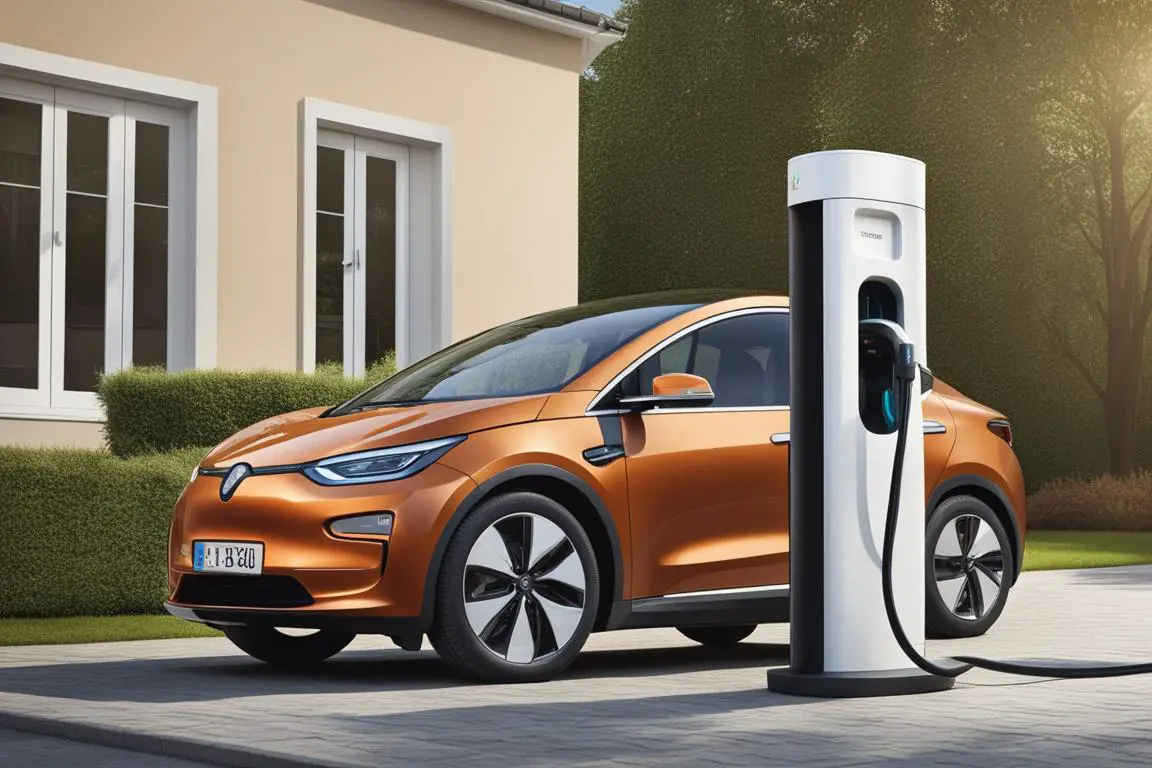
Insider Tip: Invest in a good home charging setup. It changes the game entirely for everyday EV use. Jane Doe, EV Specialist
Cons of Electric Cars
1. Limited Driving Range
While the range of electric cars has improved, range anxiety remains a concern. My first long trip in an EV involved meticulous planning to ensure availability of charging stations, which can detract from the spontaneity of road travel.
2. Longer Recharge Time
Even with fast chargers, recharging an EV takes longer than refueling a gasoline car. A 30-minute charge might only yield 80% battery at a fast-charging station, which can be a hassle during longer journeys.
3. Fewer Options for Road Trips
Planning road trips in an EV requires consideration of charging station locations. On one of my trips, the lack of fast-charging options meant longer stops and a significantly extended travel time.
4. Higher Upfront Cost
The initial cost of electric cars is typically higher than their gasoline counterparts, though this is often offset by lower running costs and government incentives. The sticker shock, however, can be a barrier for many potential buyers.
5. Fewer Models to Choose From
While the variety of available electric models is increasing, it still pales in comparison to the plethora of gasoline models. This can limit buyer choices, especially in certain segments like trucks or large SUVs.
6. Limited Availability of Charging Stations
Despite growth in infrastructure, the availability of charging stations is not yet on par with gas stations. This can be a significant hurdle for those living in rural areas or those who travel frequently by road.
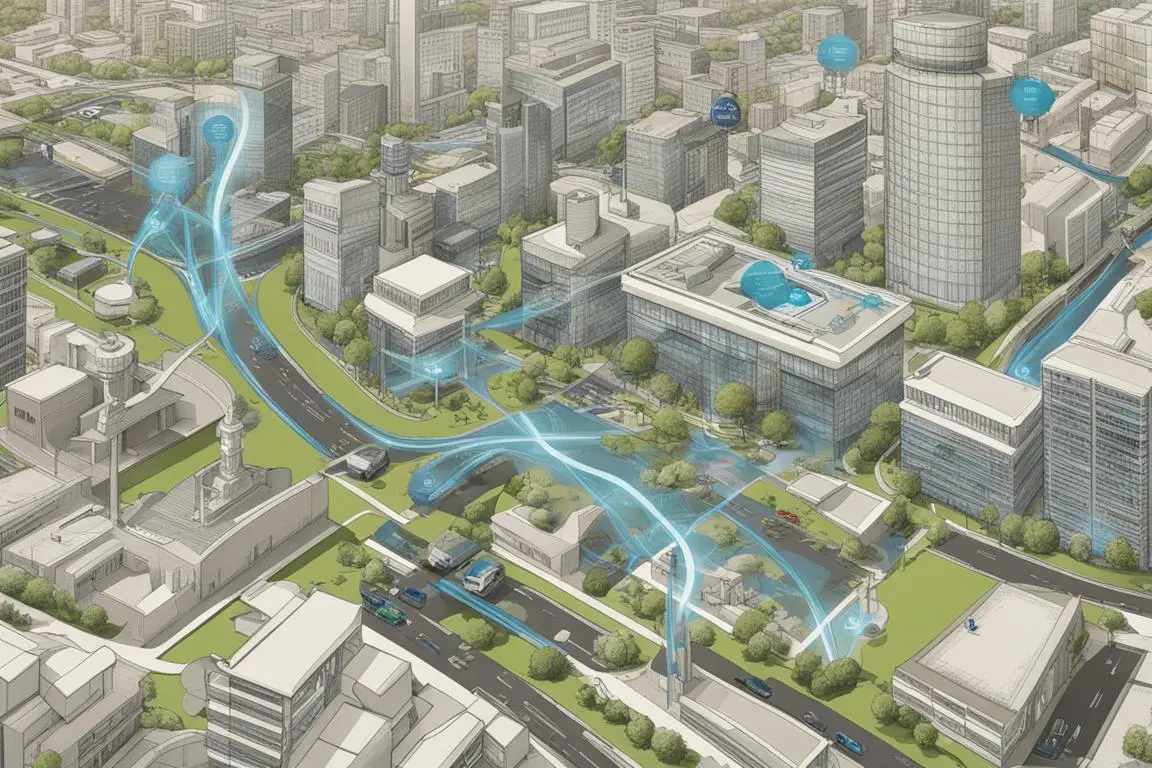
Insider Tip: Always check the latest map of charging stations before planning a trip. Apps and websites are updated frequently with new locations. John Smith, Long-time EV Owner
Personal Experience with Limited Driving Range
Getting Stranded on a Road Trip
During a road trip last summer, my friend Sarah and I decided to take her new electric car for a spin. Excited about the eco-friendly aspect and lower fuel costs, we didn’t consider the potential downside of limited driving range. About halfway to our destination, we realized we hadn’t planned for a charging stop and the nearest charging station was too far away. We found ourselves stranded on the side of the road, waiting for roadside assistance to tow us to the closest charging point.
This experience highlighted the importance of considering the limited driving range of electric cars, especially for long journeys. It’s crucial to plan charging stops ahead of time to avoid unexpected disruptions in your travel plans.
The Bottom Line
Electric cars are not just a fleeting trend; they are a significant step towards a sustainable automotive future. The advantages of EVs, particularly in terms of sustainability and cost-effectiveness, are compelling. However, the transition involves overcoming substantial hurdles, including infrastructure development and broader consumer acceptance.
From personal experience, the shift to electric is as much about adapting to a new way of driving as it is about the car itself. The benefits of driving an EVboth financial and environmentalare clear, but they come with a need for a shift in mindset and habits.
In conclusion, yes, electric cars are indeed the future of transportation, but a future that requires careful navigation. As infrastructure improves and technology advances, the scales will tip increasingly in favor of electric mobility. It’s not a question of if, but when, and how smoothly we will transition to this new era of automotive technology.
Explore More:
– The Future of Driving: Smart Cars and Smart Roads
– Cars World: Whats New and Whats Next
– A Journey Through Time: The History of Cars and Its Most Prominent Stations
– Behind the Wheel: True Stories from Car Enthusiasts
– Car Secrets: Amazing Facts You May Not Know
The journey toward electric cars is a complex one, filled with exciting potential and formidable challenges. As we navigate this transition, the comprehensive understanding and adaptation to EVs will not only enhance our driving experience but also contribute to a healthier planet.
Questions and Answers
Q.Who benefits from using electric cars?
A.Electric cars benefit both the environment and drivers by reducing emissions and fuel costs.
Q.What makes electric cars a sustainable choice?
A.Electric cars produce zero emissions, reducing air pollution and carbon footprint.
Q.How do electric cars compare to traditional vehicles?
A.Electric cars are more energy-efficient, quieter, and have lower maintenance costs.
Q.Are electric cars expensive to purchase?
A.While initial costs may be higher, savings on fuel and maintenance make them cost-effective in the long run.
Q.What infrastructure is needed to support electric cars?
A.Charging stations are essential for electric car users, and governments are investing in expanding this infrastructure.
Q.Are electric cars limited by range or charging time?
A.Advancements in technology have increased the range of electric cars and reduced charging times, making them more convenient for daily use.
